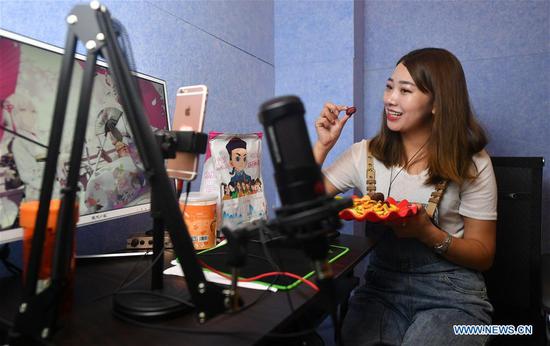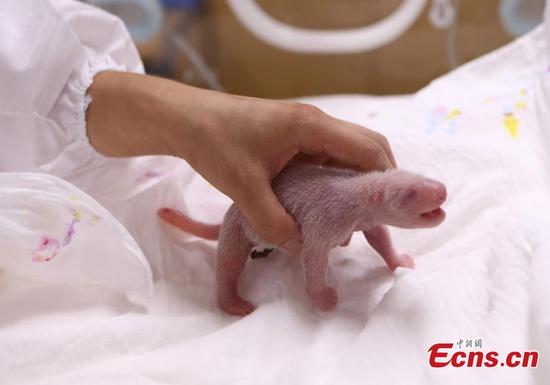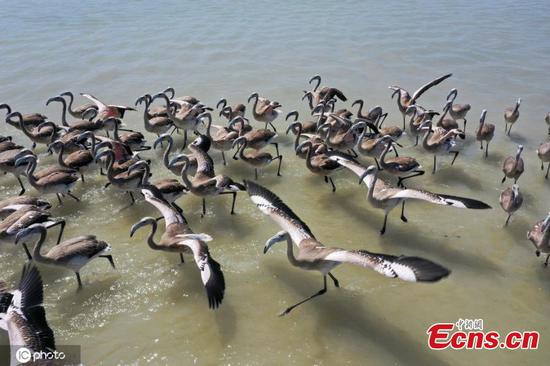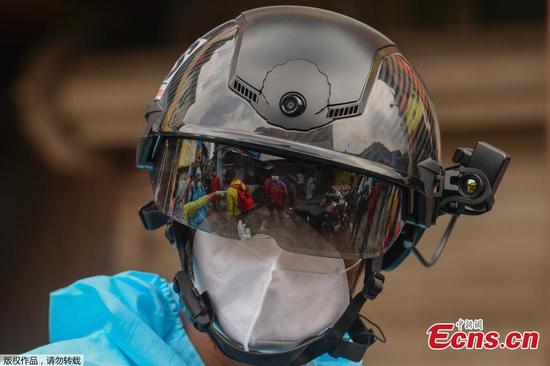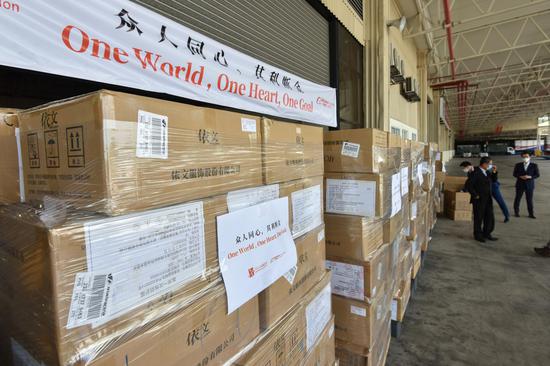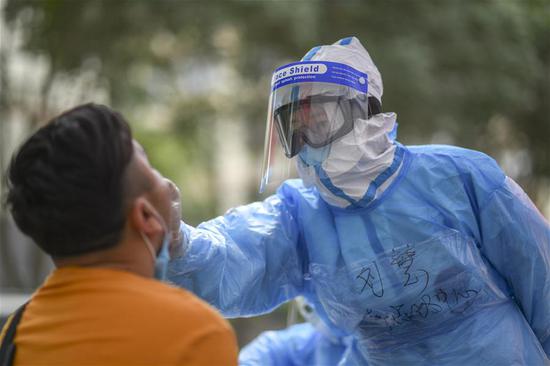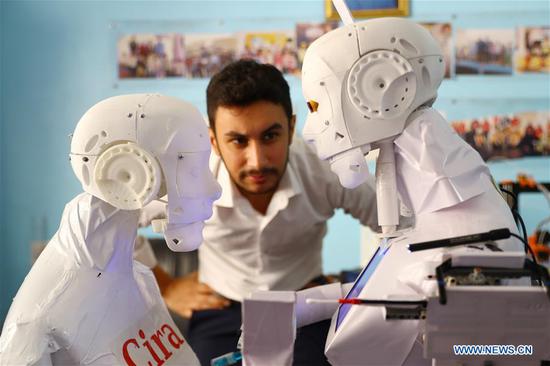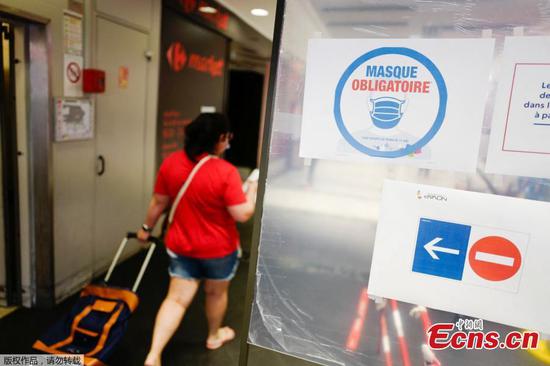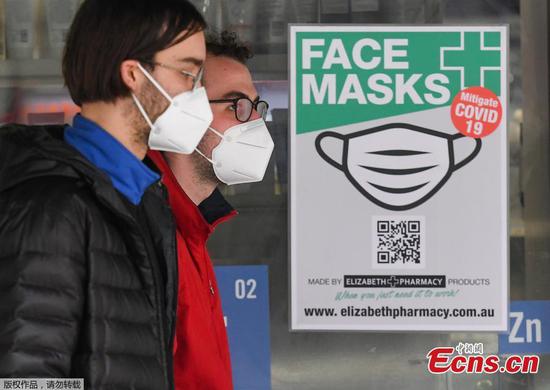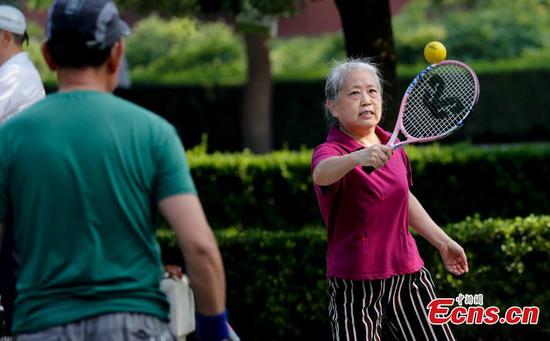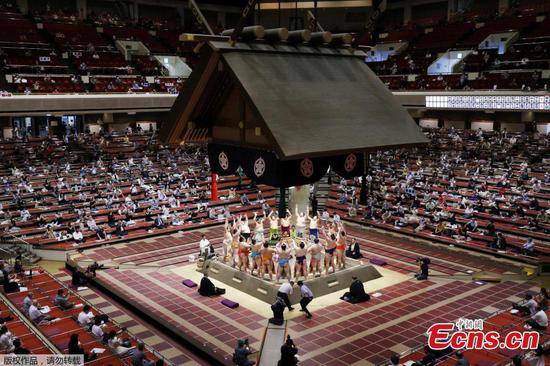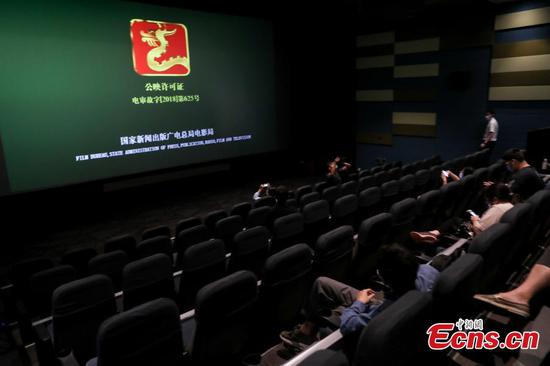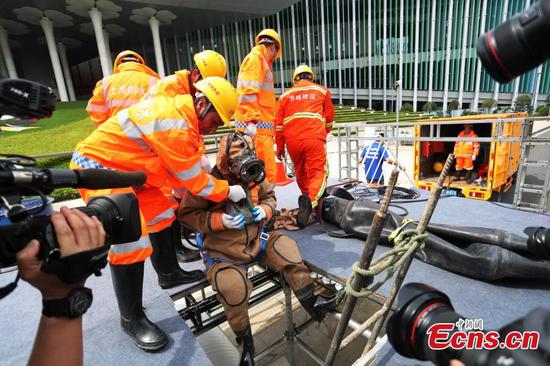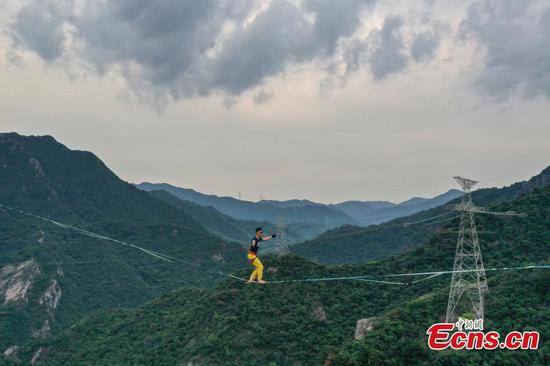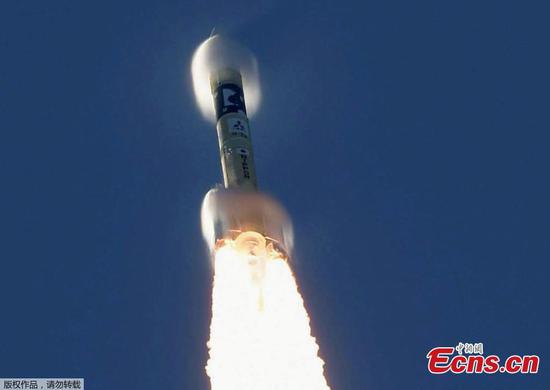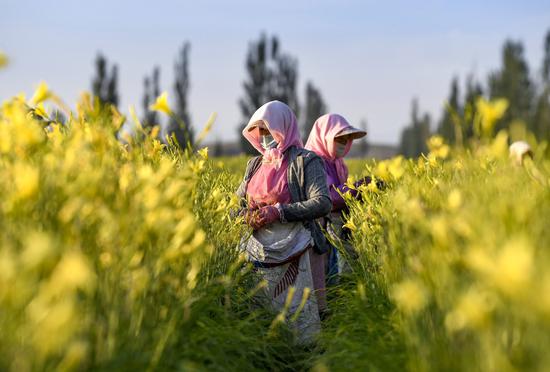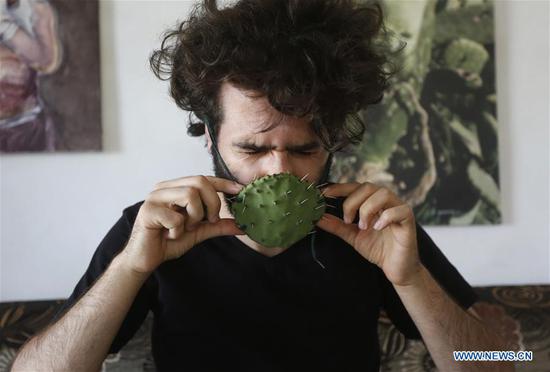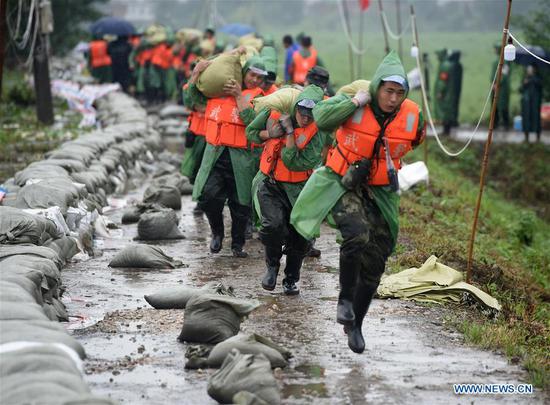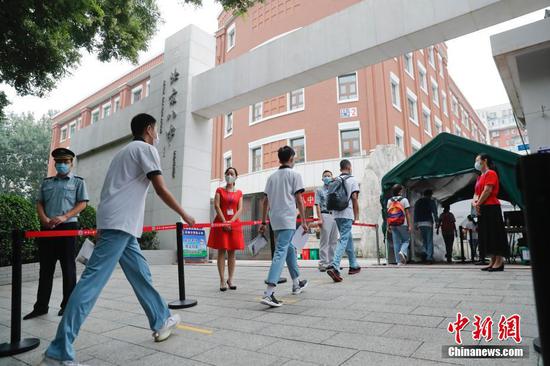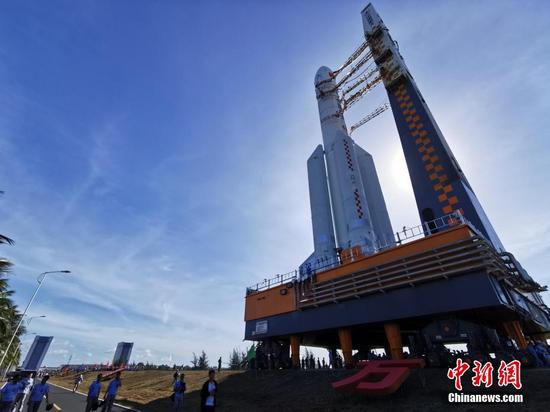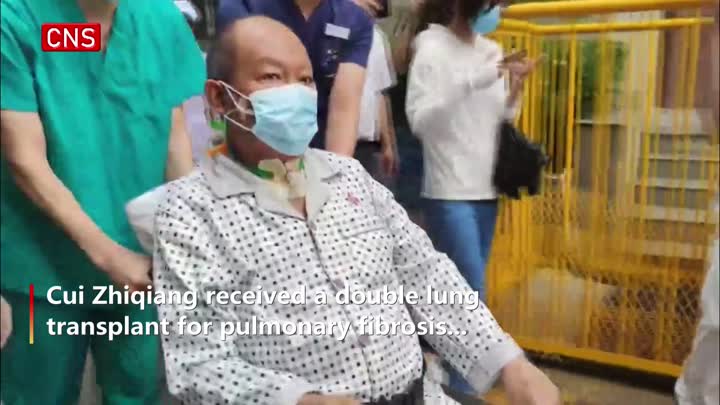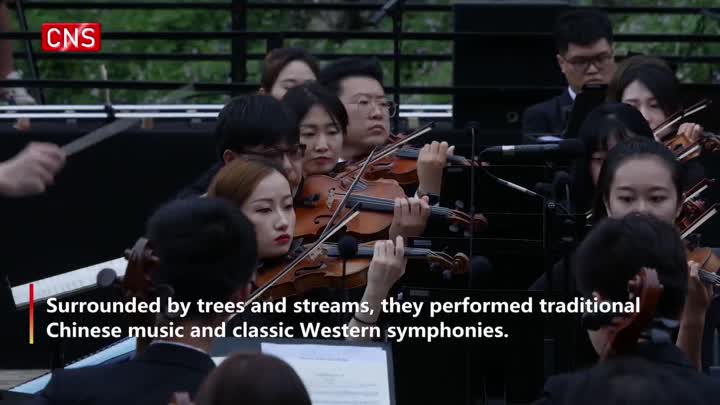From manufacturing heartland Guangdong to virus-ravaged Hubei, Chinese regions have rolled out supportive policies to help college graduates tide over a tough job-hunting season after the COVID-19 outbreak.
This year's graduation season will see a record 8.74 million college graduates enter the labor market, where they may encounter recruitment and salary cutbacks as the epidemic weighed on the economy.
The surveyed unemployment rate among job seekers holding junior college diploma or higher degrees and aged between 20 and 24, stood at 19.3 percent in June, up 3.9 percentage points year on year, the National Bureau of Statistics (NBS) data showed.
The central government has announced a raft of measures to boost employment, including expanding postgraduate enrollment, recruiting more school teachers, urging state-owned enterprises to offer more jobs and reducing fees for small and medium-sized private employers.
According to a new policy issued by the municipal government, in Beijing, home to a number of top Chinese universities, college graduates can apply for a monthly subsidy of 930 yuan (133 U.S. dollars) if they did not manage to secure a fixed job.
The policy also encourages enterprises, public institutes and research projects to increase the recruitment of college graduates.
Hubei Province, which had been hit hard by the COVID-19 outbreak, promised a one-time subsidy of 607 million yuan to help fresh college graduates find jobs or start their own businesses.
Hubei's human resources and social security department said the province's civil service will increase recruitment by 20 percent, and public institutes will hire 23 percent more people.
"The epidemic has made it more difficult for college students to find jobs this year. We will make every effort to help unemployed graduates find a job and ensure the support continues after they leave the campus," said Dong Changqi, deputy head of the department.
Besides, the province will also hire 2,000 people to aid rural causes, including agriculture, education, medical service and poverty reduction, up 33 percent year on year.
Liu Feng, who graduated from Wuhan-based Huazhong University of Science and Technology last year, pointed out that this year the recruitment standards of local public institutes are more flexible.
Some institutes allowed unemployed graduates of last year to compete on an equal footing with fresh graduates and said they would favor graduates from Hubei-based colleges and universities, Liu said.
Nanjing, capital of east China's Jiangsu Province, on Tuesday unveiled a plan to earmark 1 billion yuan to offer 100,000 internship positions for master's and Ph.D. graduates.
According to the plan, qualified graduates who come to Nanjing for internships can enjoy a monthly allowance of 3,000 yuan for up to three months this year. In addition, companies that offer jobs to interns will be rewarded with a subsidy of between 1,000 and 2,000 yuan per person.
Online job fairs are flourishing across Chinese cities and provinces, thus sparing graduates from traveling to usually crowded on-site recruitment fairs.
The education department of Guangdong, south China's manufacturing powerhouse, said they organized 161 online job fairs to provide 1.03 million jobs to this year's graduates. Authorities and colleges are also tapping into the booming internet economy to explore new forms of employment.
Tang Mingming, a college counselor at Guangzhou Panyu Polytechnic, said it was the first time that their jewelry institute began to worry about their graduates' employment.
"Our graduates used to be sought-after by marque jewelry companies ... but after the epidemic caused overseas orders to plunge, many companies stopped hiring our graduates," said Tang.
"So we began to guide students to change their employment strategies, for example, considering jobs in online jewelry marketing through livestreaming," she said.









